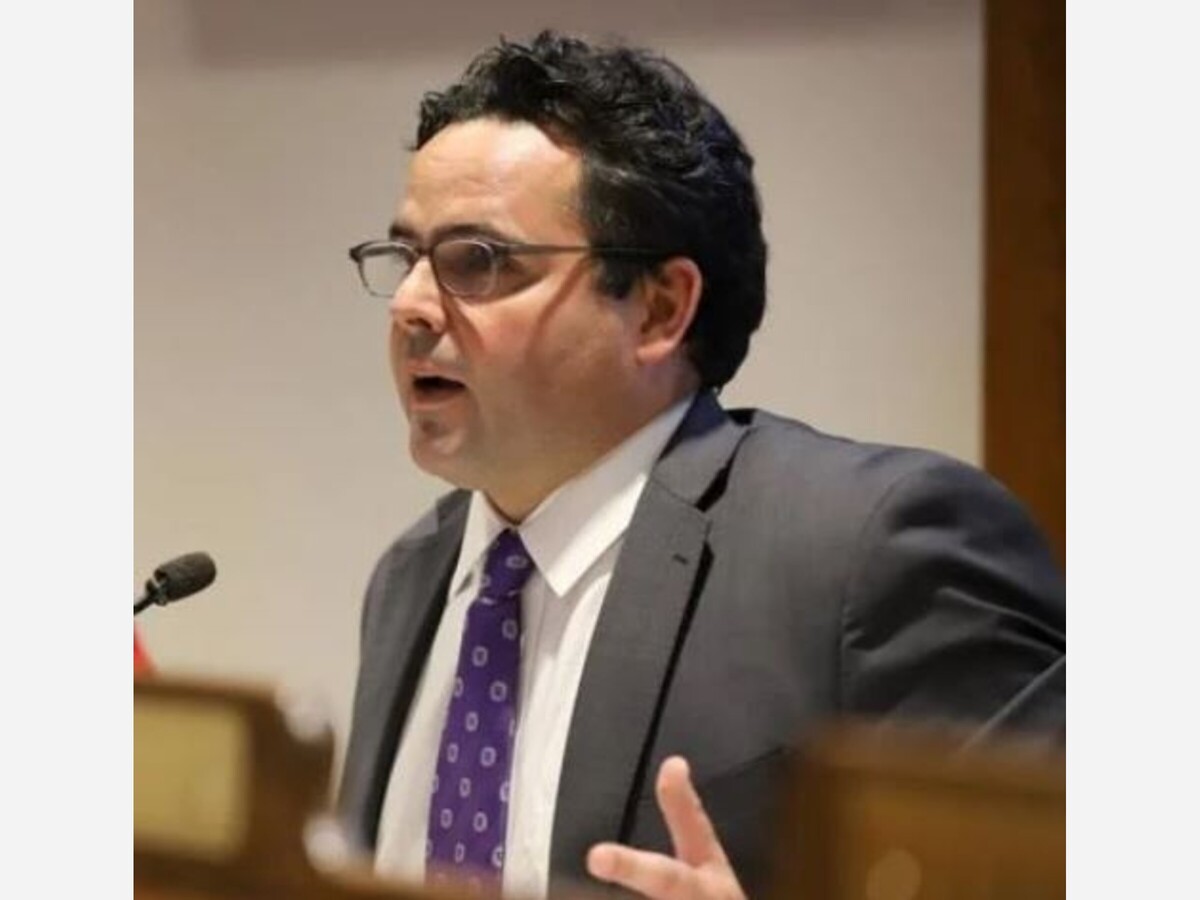Image

In an unusual rebuke of his hometown's local elected officials, a senator from Boston wants to strip cities and towns of authority over some grants designed to support public health and safety. And he was supported by a Central Mass. Republican...
Sen. Nick Collins, a Democrat, filed legislation with Republican Sen. Ryan Fattman of Sutton that would give the Legislature and governor -- not a local board -- the ability to accept funding from the federal government or charitable organizations "meant to aid the public health and safety of the commonwealth or a political subdivision thereof." In those cases, the bill says, "no approval from the intended grant recipient shall be necessary."
During remarks at Monday's Senate session, Collins said he was responding to the Boston City Council, which last week blocked a $13.3 million U.S. Department of Homeland Security grant that would fund anti-terrorism work in the metropolitan region.
The Council voted 6-6, falling one vote short of the threshold needed to accept the federal funds, the Boston Herald reported.
"That just doesn't affect the people of Boston -- this grant was to support other municipalities, including Brookline, Cambridge, Chelsea, Everett, Quincy, Revere, Somerville and Winthrop," Collins said. "Many communities across this region over the weekend had to shut down synagogues because of bomb threats, the rise of anti-semitism. We were a launching pad for 9/11 here in Boston and we all remember too well the pain of the marathon bombings in 2013."
"This bill in front of us that we would like to move swiftly would no longer allow for such delay or blocking," he added. "This Legislature has had to reauthorize funds time and again for the City Council in Boston, [which] has thwarted resources for those purposes."
The Senate referred the Collins bill (SD 2897) to the Joint Committee on State Administration and Regulatory Oversight, which he co-chairs, for further review.
Fattman mentioned during Monday's session that he cosponsored the bill, and no other senators spoke about it from the chamber floor.
Boston Mayor Michelle Wu filed an order on Dec. 4 authorizing the city to accept the funding, writing that it would fund "planning, exercises, trainings, and operational needs, that will help prevent, respond to and recover from threats or acts of terrorism, including chemical, biological, radiological, nuclear and explosive incidents."
City Councilors Ricardo Arroyo, Liz Breadon, Kendra Lara, Ruthzee Louijeune, Julia Mejia and Brian Worrell voted against the order, according to meeting minutes. Councilors Frank Baker, Gabriela Coletta, Sharon Durkan, Michael Flaherty and Erin Murphy voted in favor, as did Council President Ed Flynn. Councilor Tania Fernandes Anderson was absent and did not cast a vote.
Louijeune said during the council's proceedings on Wednesday that she wanted to see more discussions take place about the available federal grant funding.
"I know that the decision is not determined completely by the Office of Emergency Management, but rather by [Jurisdictional Points of Contact], representatives from each of the nine cities and towns that constitute the Metro Boston Homeland Security Region. Boston as the lead city has significant influence on the Executive Office of Public Safety and Security and how these grant applications develop," she said. "All of this is to say we need more community conversations on both of these grants."
Louijeune and four of her colleagues also voted against accepting a smaller $175,000 federal grant to fund police data analysts and community engagement work. The council accepted that grant on a 7-5 vote.
"All of this is to say we need more community conversations on both of these grants," she said of the two federal funding opportunities.
No other councilors spoke in opposition to the anti-terrorism grant funding before casting their votes against it.
Breadon told the Herald she opposed the measure because she wants more information on how the funds could respond to natural disasters that have struck the state in recent months.
"Given the recent history with what happened this summer in New York and then in Leominster, natural disasters, inundation of the waterfront in a big storm or all of those things," she told the Herald. "It's really just, I need some more information. And that's all that was about. There's no nefarious motive there."